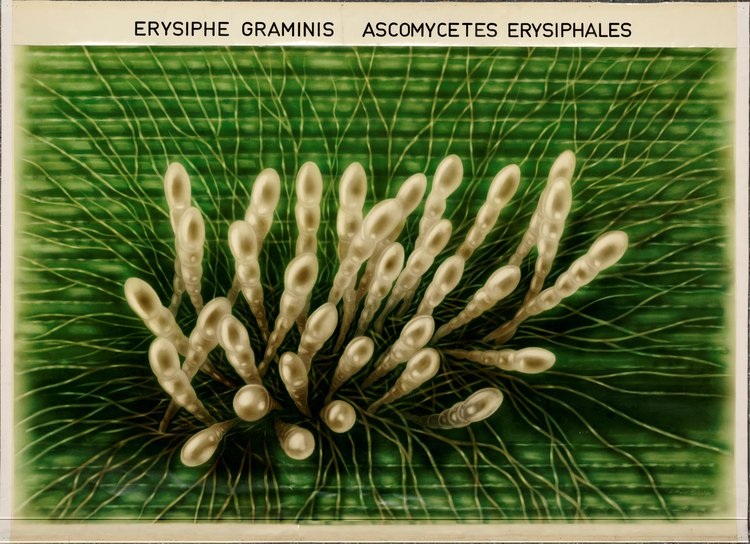For every person on earth there are an estimated 200 million insects

For Every Person on Earth, There are an Estimated 200 Million Insects.

Insects are an incredibly diverse group of animals that play a crucial role in our ecosystem. From buzzing bees to colorful butterflies, these small creatures are found in almost every corner of the Earth. In fact, for every person on the planet, it is estimated that there are approximately 200 million insects out there.
The sheer number of insects is mind-boggling. With a global human population of around 7.9 billion, we are vastly outnumbered by these tiny creatures. They are everywhere, from the highest mountains to the deepest oceans, and even underground. Insects have adapted and evolved to thrive in almost every imaginable habitat, making them one of the most successful groups of organisms on the planet.
But why are insects so abundant? One reason is their reproductive capacity. Insects are highly prolific breeders, with many species capable of laying hundreds or even thousands of eggs in their lifetime. This rapid reproduction helps them maintain their populations and ensures their survival in ever-changing environments.
Insects are also incredibly diverse in terms of species. There are believed to be over one million described species of insects, with scientists estimating that there may be millions more yet to be discovered. This diversity allows insects to occupy a wide range of ecological niches and fulfill various ecological roles, from pollination to decomposition.

In addition to their ecological importance, insects also provide numerous benefits to humans. They are vital for pollinating crops, ensuring the production of fruits, vegetables, and nuts. Insects like bees, butterflies, and beetles transfer pollen from one flower to another, facilitating fertilization and seed production.
Furthermore, insects are valuable decomposers, breaking down dead organic matter and recycling nutrients back into the ecosystem. They play a critical role in the process of decomposition and help maintain the balance of nature.
However, not all insects are beneficial. Some species can cause harm to humans, animals, or crops. Mosquitoes, for example, are notorious for transmitting diseases such as malaria, dengue fever, and Zika virus. Agricultural pests like locusts and aphids can damage crops, leading to significant economic losses.
Despite their small size, insects have a significant impact on our lives and the world we live in. Understanding their biology, behavior, and ecological roles is essential for preserving biodiversity and maintaining a healthy environment.
In conclusion, insects are incredibly abundant, with an estimated 200 million insects for every person on Earth. Their diversity, reproductive capacity, and ecological importance make them an integral part of our ecosystem. While some insects can be harmful, many play vital roles in pollination, decomposition, and nutrient cycling. Appreciating the incredible world of insects allows us to understand and protect the delicate balance of our planet’s ecosystems.
Tags
Share
Related Posts
Quick Links
Legal Stuff

